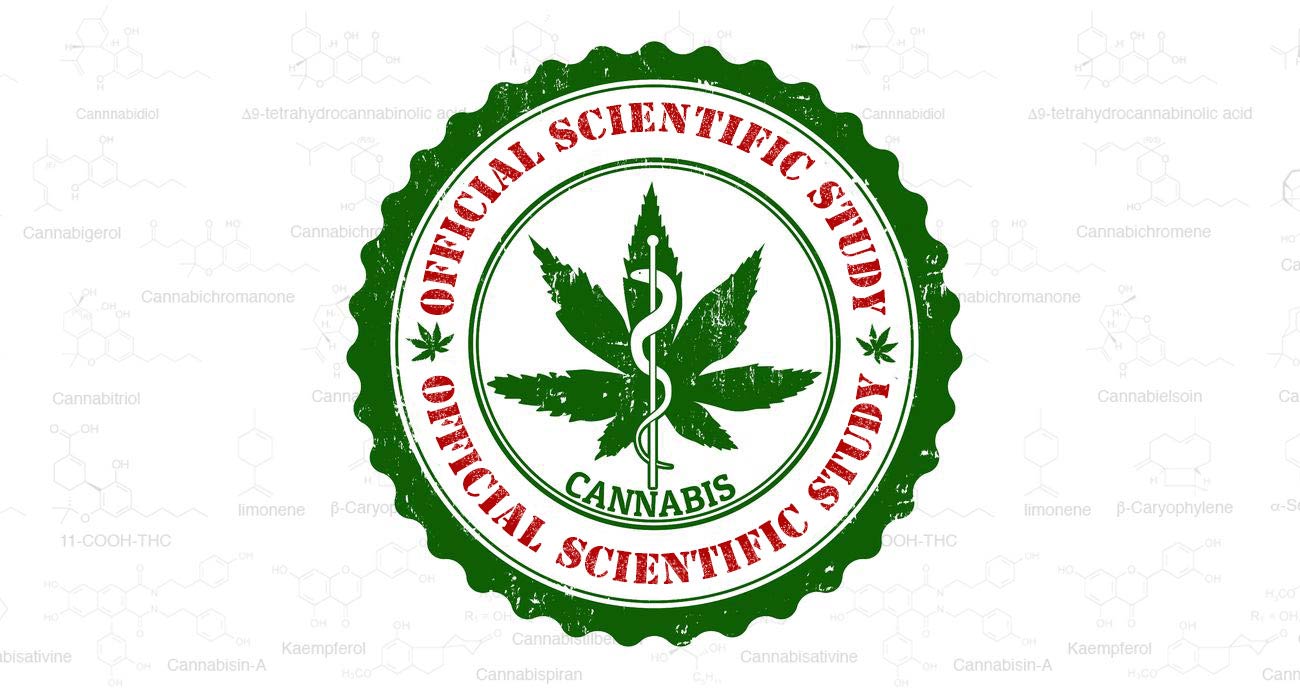ABSTRACT:
One of the core symptoms in post-traumatic stress disorder (PTSD) is the traumatic memory that constantly haunts the patient. PTSD is a paradoxical disorder of memory—on the one hand, intrusive recollections for certain aspects of the event and, on the other hand, amnesia for other important aspects (Ehlers et al., 2004). Intrusive memories, often triggered automatically by situations that reflect aspects of the traumatic event, are accompanied by high levels of arousal and might be experienced as “flashbacks” (vanOyen Witvliet, 1997).
A major question in studying PTSD is how can an external traumatic event impact on the biology of the organism to produce such durable memory traces of that event that are so highly resistant to extinction? (Pitman, 1989).
An increasing body of evidence points to the endocannabinoid (eCB) system as a key system in the regulation of emotionality and memory (Haller et al., 2002, 2004; Marsicano et al., 2002; Lutz,2007; Ganon-Elazar and Akirav, 2009; Abush and Akirav, 2010; Moreira and Wotjak, 2010; Parolaro et al., 2010; Atsak et al.,2012b; Ganon-Elazar and Akirav, 2012, 2013; Abush and Akirav,2013; Campolongo et al., 2013). Hence, eCB enhancers may be the ideal pharmacological treatment for PTSD by blocking the pathological over consolidation and continuous retrieval of the traumatic event on the one hand, and enhancing its extinction and reducing the anxiety symptoms on the other hand. These effects fit well with the concept of reducing fear memory.
Read full study here

